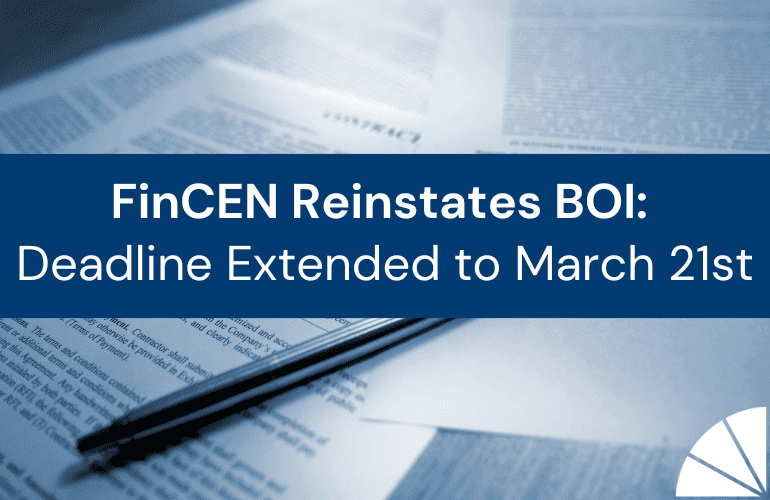
As you look back on 2018, should you consider any New Year’s “accounting” resolutions? Effective decision making, reporting, and business and tax planning rely on your internal accounting procedures rendering timely, accurate and complete recordkeeping.
Can you answer “Yes” to these questions when reflecting on using your financial data in 2018?
- Did your data give you confidence when making business decisions?
- Did reviewing your accounting records help identify concerns or opportunities for services, product lines, costs, or pricing?
- Were you able to leverage your data for tax and business planning before December 31st?
If you answered “No” to any of these questions, now is the time to review to improve your 2018 processes. You may want to consider:
- Monthly Closings – Have you established a formal month-end close process? For other than year-end, consider doing a “soft close,” which involves adjustments and reconciliations to certain key accounts on a regular basis. A soft close can be performed in less time than a year-end close and is for internal management use only.
Why take the time to complete monthly soft closings? You will discover and rectify record keeping mistakes and your year-end accounting will be completed faster, easier, and be more streamlined. You also have the benefit of up-to-date accounting, so you can make decisions with data–not guesses–throughout the year.
- Tax Planning – Were you able to provide your records to your tax accountant for tax planning before December 31st? Did you know if the 2018 tax reform of the Tax Cut and Jobs Act (TCJA) will affect your tax situation and/or utilize any tax savings planning methods? Don’t miss out on opportunities to save money on your taxes in 2019.
- Tax Return Compliance – Have you extended the due date of your tax return because your accounting was incomplete? You lose time in moving forward to the new year if you are simultaneously juggling to work on the prior year.
- 1099 Reporting –Does the due date of January 31st for Form 1099-MISC stress you out? During the year, review your vendor list and have a process to identify new vendors which require 1099s and proactively reach out to request their Form W-9.
- Enhanced Reporting – Does your accounting process include reports other than the Balance Sheet and Income Statement? Enhance your Management Reporting with cash flow, budget to actual, comparatives, and KPIs, for examples. Do you also review your Accounts Receivable and Accounts Payable Detailed Aging reports? These allow you to be more strategic in your decision making, cash flow analysis, projections and planning throughout the year. These reports are easy to implement and should not only be created at year end.
- Technology – Leverage technology by implementing online feeds from banking and credit cards for up to date balances, reduce the time for reconciliations, reduce errors and eliminate manual inputting. Are you utilizing any applications that work with your accounting software to obtain metrics during the year and/or streamline other processes and procedures?
At LGA, our Outsourced Management Accounting service is dedicated to helping you implement all the best practices mentioned in this article. Our team will work with your accounting team to enhance your financial reporting, or can be relied on to handle all of your business’ accounting needs on an outsourced and scalable basis.
Written by Janine M. Danielson, CPA





